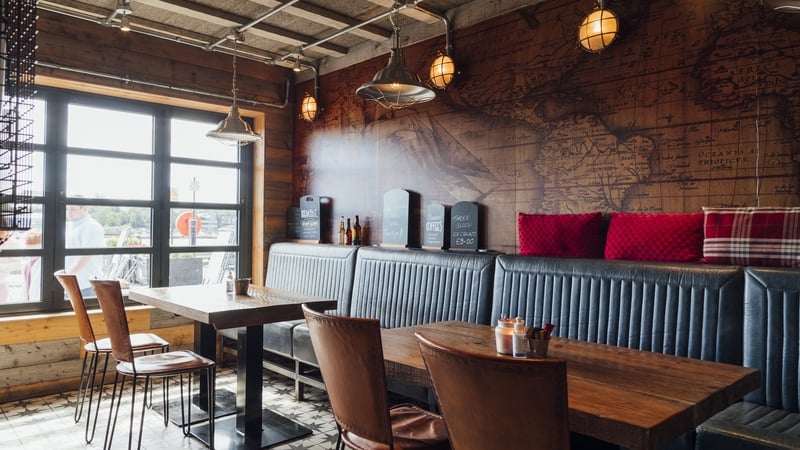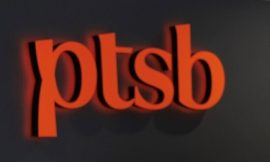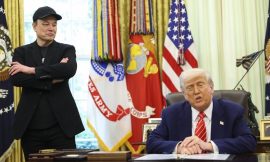The big winner from next year’s Budget is going to be the hospitality industry.
That will happen at the expense of income taxpayers.
The cost of reducing VAT from 13.5% to 9% for restaurants, bars and cafés is going to be up to €1bn in a full year, Minister for Finance Paschal Donohoe said.
That will be out of a package of tax cuts of €1.5bn, according to the Summer Economic Statement, which was published by the Government earlier.
In other words, two-thirds of the capacity for reducing taxation could be absorbed by the hospitality industry.
Mr Donohoe said when the Coalition made the commitment to cut the rate of VAT it meant there would be “tradeoffs and consequences” and “there are other things we are unable to do”.
He warned the threat of US tariffs meant that it would “not be right to grow the tax package given all we are confronting”.
Read more:
Govt announces €112bn investment in infrastructure
Scope for €1.5 billion in tax cuts for Budget 2026
Inside the Government’s €100bn infrastructure plan
In Budget 2025, the average worker benefited by around €1,000 from reduced taxes.
That was based on a package of €1.4bn.
When the Government proceeds with the VAT reduction for the hospitality industry, it would leave €500m for tax cuts elsewhere.
On that basis, ordinary workers won’t enjoy a similar reduction in taxation next year as they did in 2025.
Trimming VAT for hospitality was a commitment which was originally made during the General Election in November last year and it was included in the Programme for Government in January this year.
It would be difficult to renege on such a clear political promise.
Another important element of the Summer Economic Statement is that it is predicated on zero tariffs being imposed on exports from Ireland to the US.
Currently many sectors are free from tariffs including pharmaceuticals and computer chips.
But other areas such as food and drink exports have been hit with duties of 10%.
While the deadline for a deal on tariffs is 1 August, the issue has been long fingered twice by US President Donald Trump who has variously suggested tariffs of 20%, 30% and even 50% on EU goods.
There is a very clear caveat in the Summer Economic Statement, that if the trade war between the US and EU worsens, the Government will have to revisit the tax package.
It means the coming weeks and possibly months will be critical in determining the shape of the Budget.




